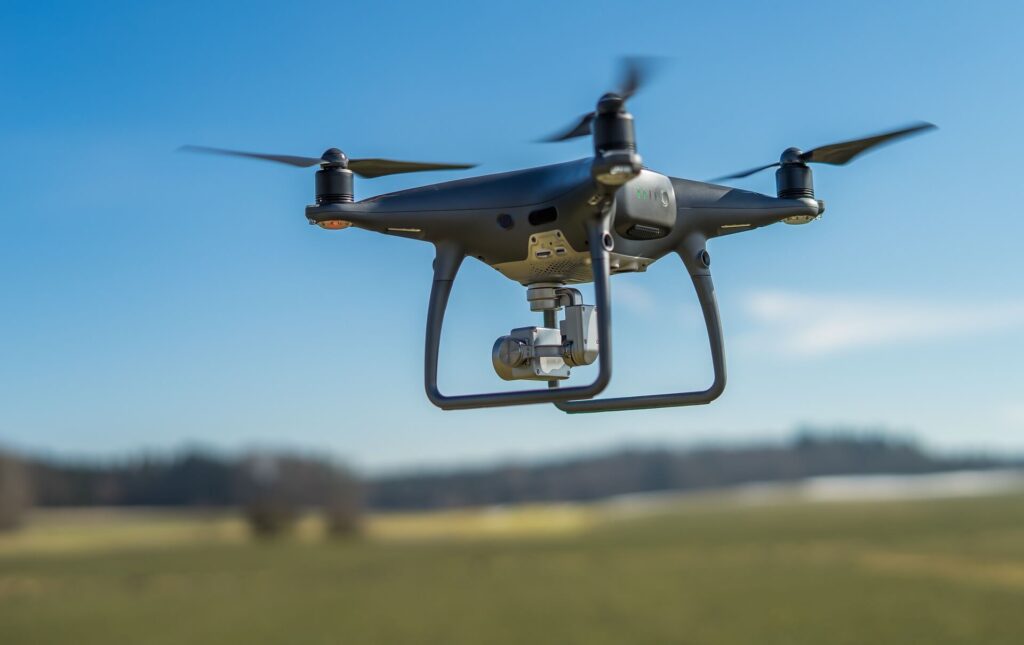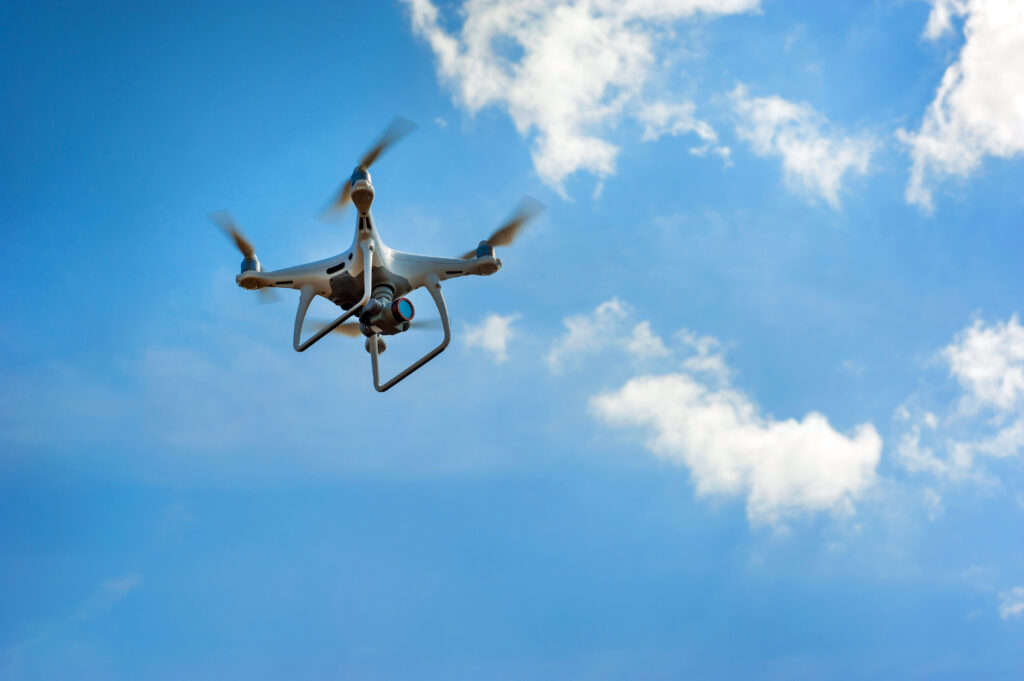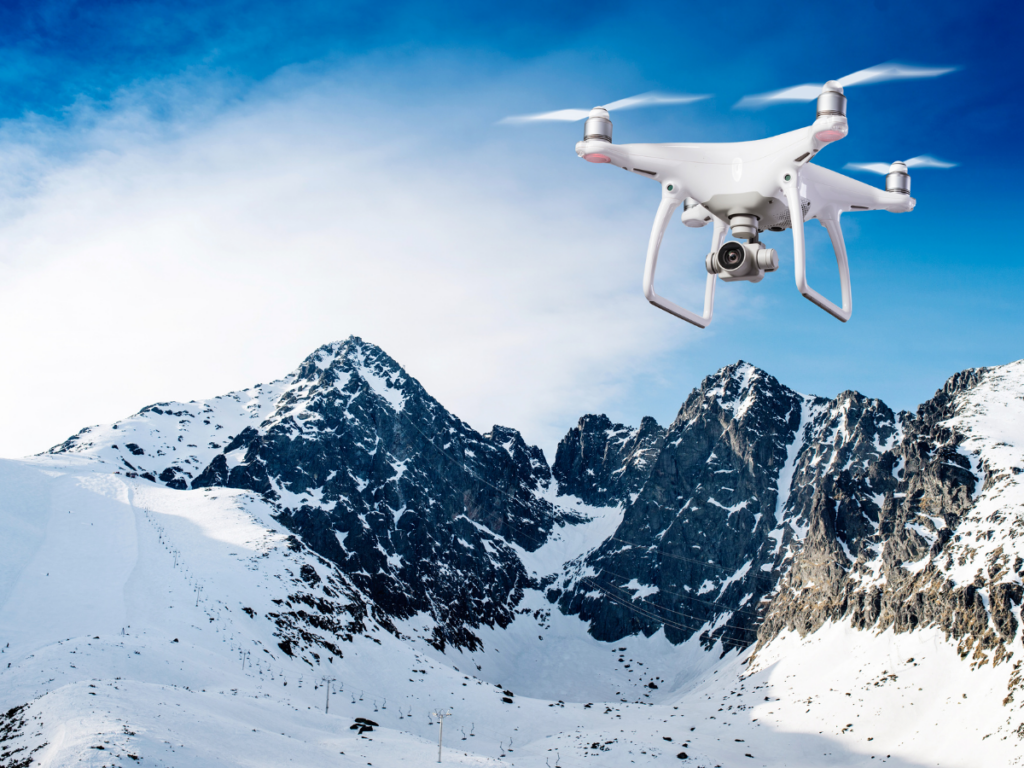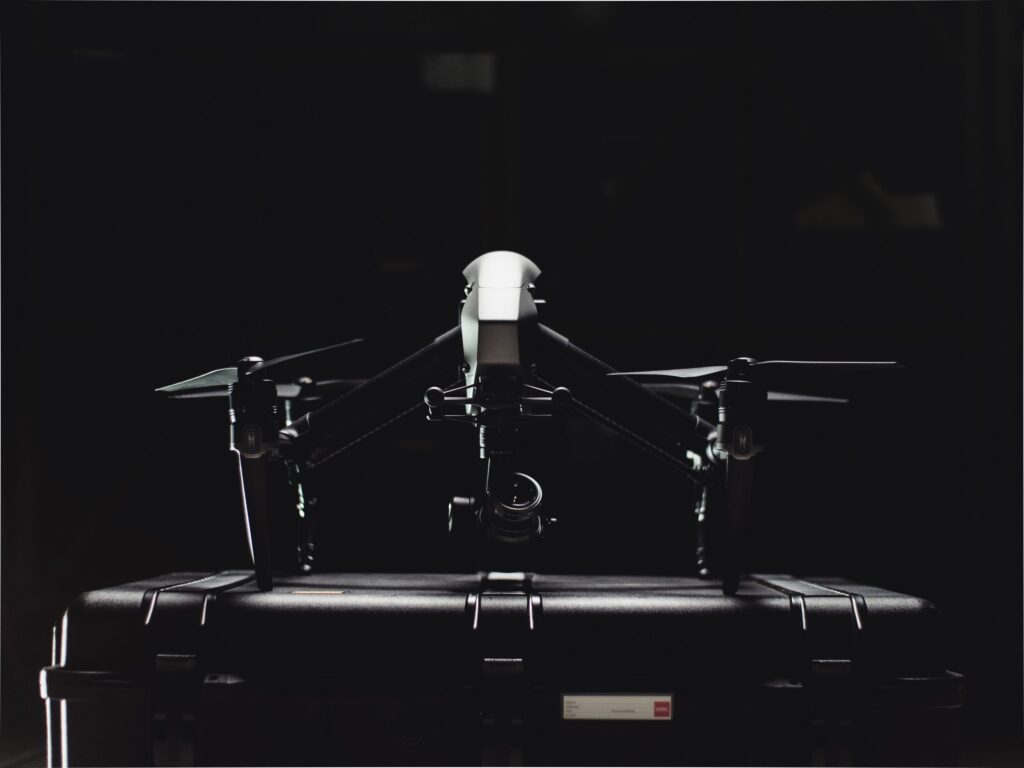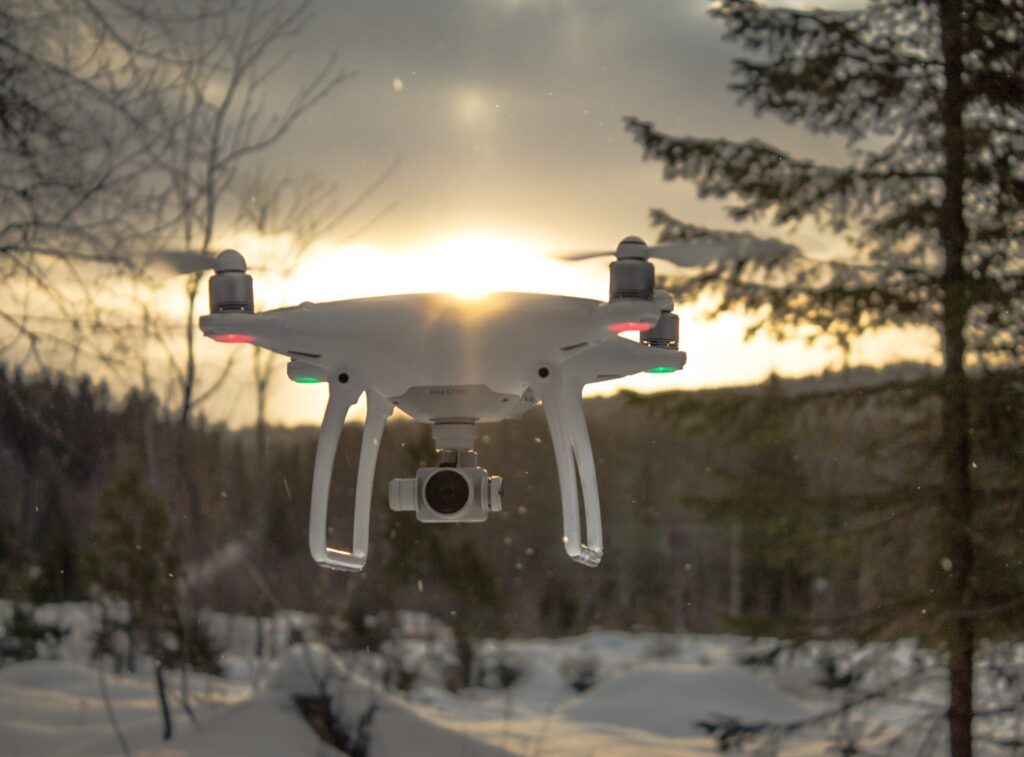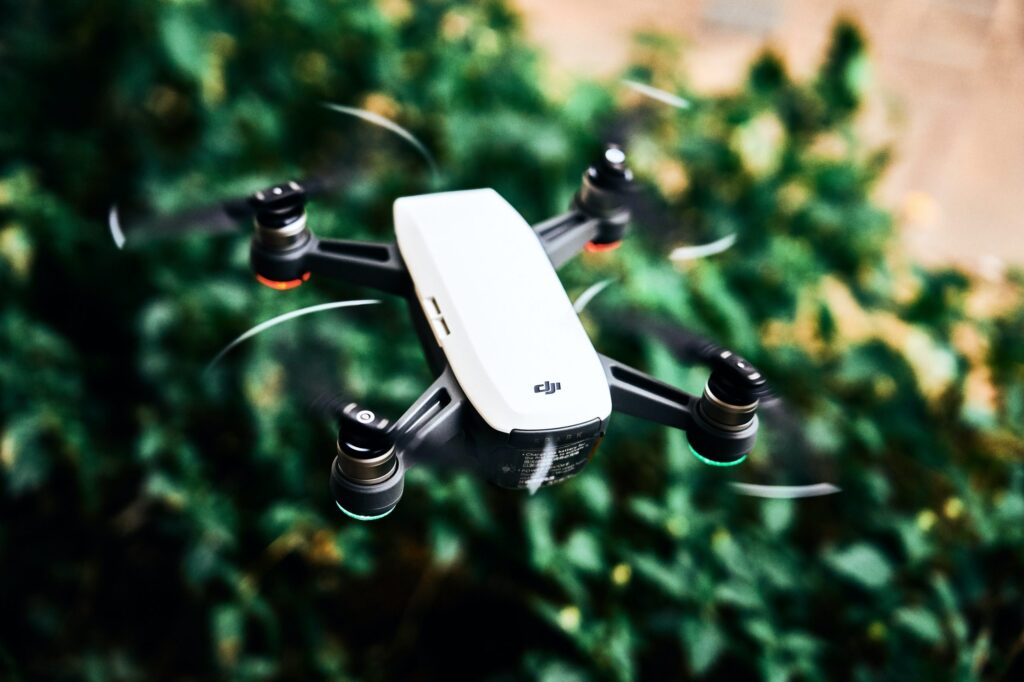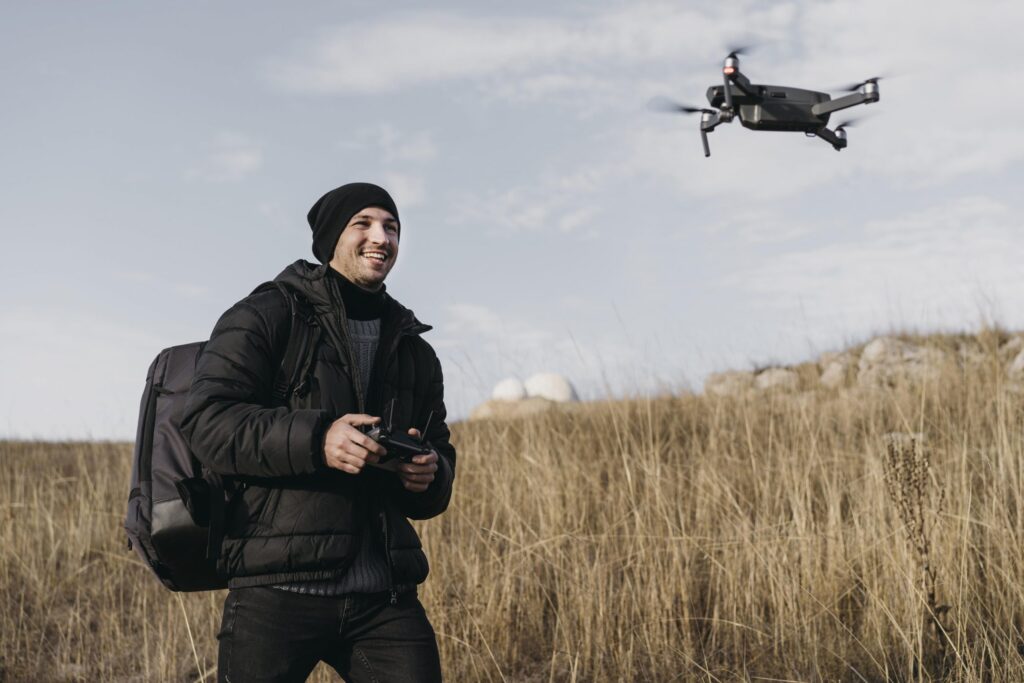If you’ve been enjoying your drone, it can be dismaying to learn there are new rules that can affect how and where you fly it. These days, drones are part of everyday life for many Canadians, but the very fact that more people than ever are using drones means that knowing Transport Canada drone rules is crucial.
If you have a drone or plan on buying one, you need to know the new rules that have come into effect since June 1, 2019. These rules from Transport Canada apply to all drone pilots, whether you fly a drone as part of your business or just want to have some fun with your personal aircraft.
6 Essential Things to Know
You Must Register Your Drone
Since June of 2019, all drones in Canada (except for micro-drones) must be registered with Transport Canada before they can be legally flown. Your drone’s registration number has to be clearly displayed on the drone, and if you sell the drone, the new buyer will have to re-register using that number. On the plus side, registration numbers do make it easier to track down the owners of any drones that have gone astray.
There Are Two Certifications: And You Need One of Them
Transport Canada now divides pilots into two categories: basic and advanced. Under the new Transport Canada drone rules it doesn’t matter why you fly the drone. It only matters where you fly it.
If you won’t ever need to fly your drone in controlled airspace, over bystanders, or within 30 metres horizontally from bystanders, the basic certification is all you need. If you need or want to do any of the three things forbidden to basic pilots, you need an advanced certification.
Penalties Have Gone Up
If you violate any of the Transport Canada drone rules, you can expect more serious consequences than ever before. The new rules specify fines as high as $25,000 for flying your drone in a way that endangers people or aircraft under the new rules. Jail time is also on the table, as per the Canadian Criminal Code, if the violation is considered serious enough.
The Special Flight Operations Certificate Might Not Apply to You
You no longer need a Special Flight Operations Certificate to use your drone for commercial applications. All you need, if you’re a Canadian citizen, is your basic or advanced certification. If your drone weighs over 25 kg, or you’re not a permanent resident or citizen of Canada, you’ll still need the certification.
There Are New Age Restrictions
New Transport Canada drone rules have settled on 14 as the youngest age to get a basic certification, and 16 for advanced certification. Younger pilots can still fly, but they’ll need to be supervised by someone with all the proper certification. If you’re flying a micro-drone, of course, you don’t need any certification.
Control Your Drone
To stay safe and legal, always fly your drone below 122 meters and away from any controlled airspace (unless you have specific permission to be there.) Your drone also has to be within your line of sight at all times. You can get in serious trouble if you fly your drone while under the influence or even when overly tired. And be careful at borders: you can also run into trouble if you accidentally fly outside Canadian airspace.
Learn All About Transport Canada Drone Rules
If you want to keep up with all the rules and regulations from Transport Canada, check out Drone Pilot Training today. Schedule basic certification training, keep up with any changes in the rules, and get important tips for making the most of your drone flying experience.

